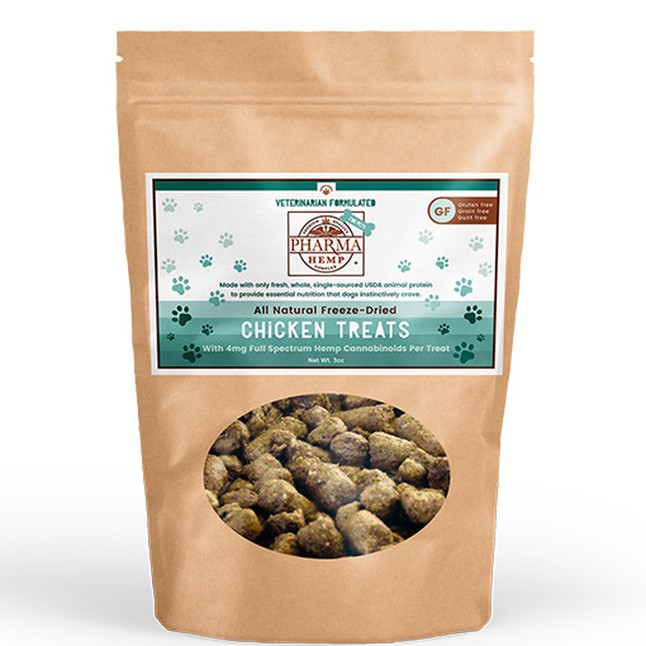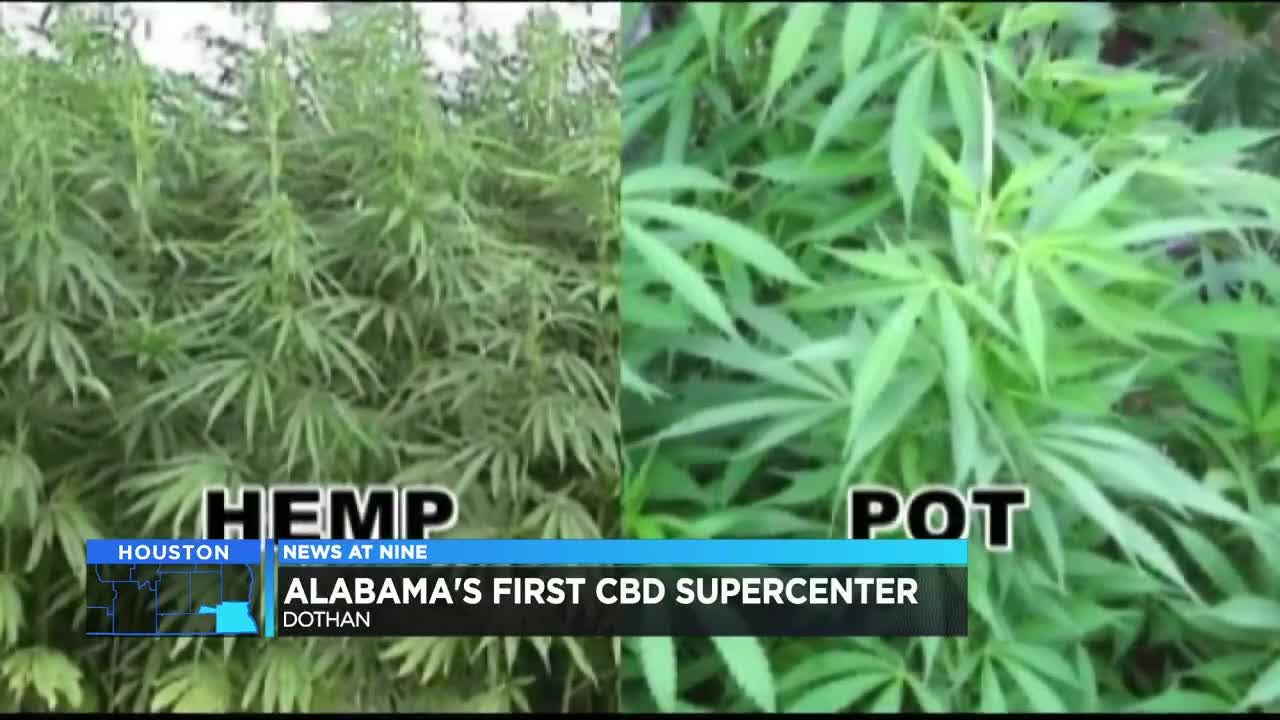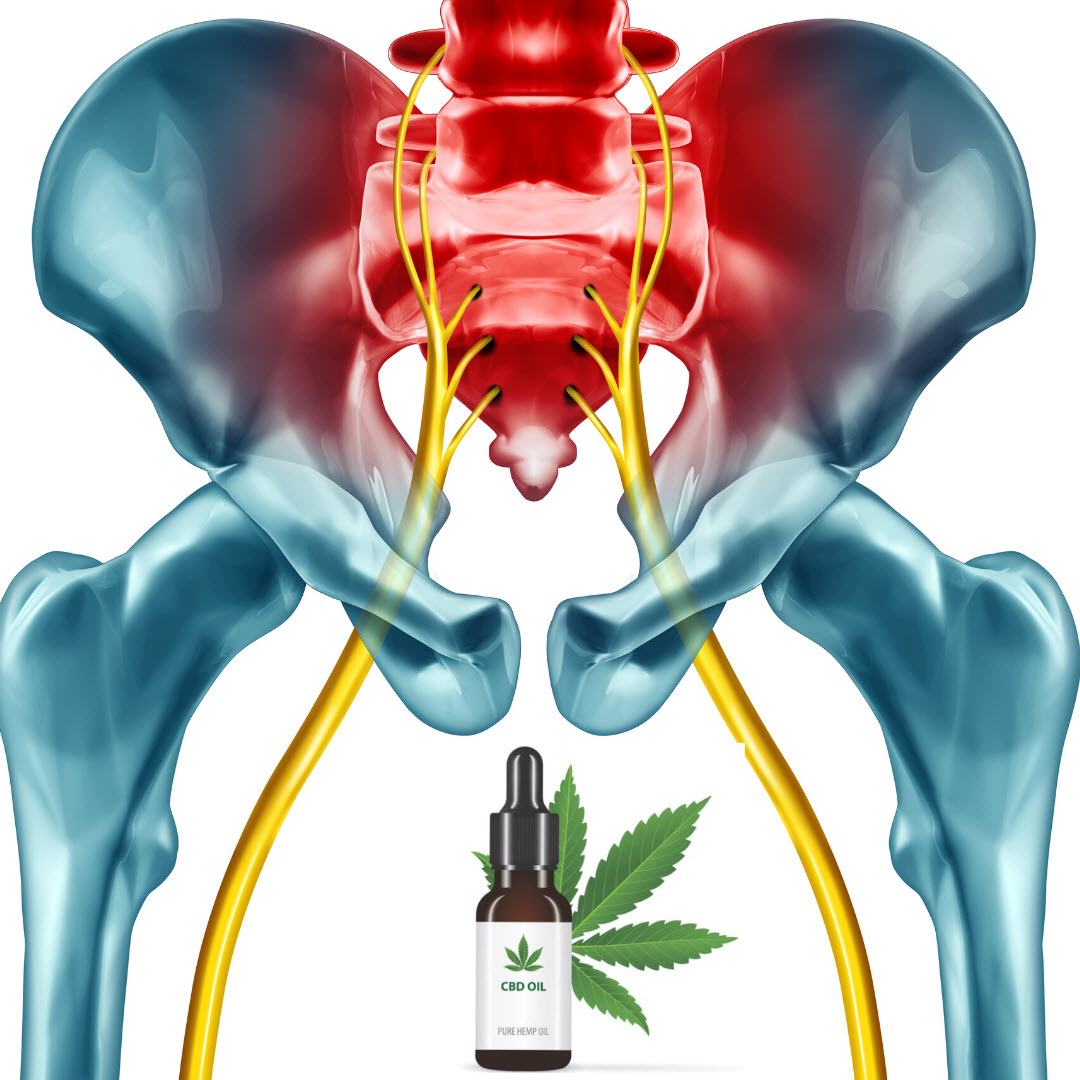
Many people mistakenly confuse CBD tinctures with CBD oils. While they are both made from cannabis, the effects of each one can be quite different. It is worth learning the differences between them before you decide to buy one.
Both CBD products contain phytonutrients and cannabinoids, but tinctures are usually more potent. This is because the liquid medium used to extract cannabinoids is different from the one used for hemp plants. CBD tinctures are made with alcohol as the primary extraction solvent. Additionally, the tincture may contain flavorings and terpenes as well as other compounds. Some studies show that adding this ingredient can enhance the product's effectiveness.
You should ensure that you are aware of any side effects before purchasing a CBD product. It is also a good idea for you to read the label in order to ensure that you are buying a high quality product. Avoid tinctures for people who are allergic to alcohol. The presence of alcohol in tinctures can lead to adverse reactions. While many manufacturers use carrier oils like olive oil or MCT to make their tinctures, you can always use a more natural carrier, such as coconut or sunflower oil.

Both oils and Tinctures have their strengths. While tinctures can be more costly and difficult to find, oils are much easier to come across and contain a greater amount of cannabinoids. Tinctures often contain extra ingredients that enhance taste and absorption. Oils last longer so are an excellent option for people who wish to store their products for a long time.
CBD oils can be taken sublingually, while tinctures are used to apply topically. But tinctures are much less concentrated than oils, and they often have a bitter taste. Many consumers prefer tinctures to oils despite this. They are convenient and easy to use. Tinctures don't last nearly as long as oils, which is the main disadvantage.
CBD oils are much thicker than tinctures, as they contain the CBD isolates diluted in carrier oils, such as MCT. Moreover, they have a slightly more potent effect, but the flavor is milder. CBD oils can often be found in online health shops.
Another advantage to CBD oils is their consistency. They can also be made with different carrier oils such as MCT or olive oil. You can also choose a product that has glycerin, or vinegar. Or, you could choose a product with a sweeter flavor. No matter what you choose, remember that there are many tinctures and oils available. This can make it confusing. Look at the label and manufacturer branding for the actual contents of the product.

No matter what oil you use, it's important to carefully review the labels before making a decision. You can ask for third-party lab results if you have concerns about the alcohol level in your tincture.
FAQ
What CBD products are the most popular?
CBD products are popping up everywhere. These products are being used to treat everything, from anxiety to pain relief. The market is growing rapidly and is very large.
But what do people buy CBD for? How does this impact you as a brand manager?
Statista reports that CBD products have relaxing properties. They are also being purchased for their anti-inflammatory properties.
This means that products with both CBD or THC can be sold both for recreational and medicinal purposes.
But what about brands who are focused on one purpose only? If a company sells CBD to relieve stress, it will be the only one that is competitive.
Furthermore, a brand who focuses on CBD-based medical uses will be able to attract a lot of customers.
However, if a brand wants to target recreational users, then they need to create a unique selling proposition (USP). A USP basically refers to a unique selling point that sets a brand apart.
For example, some brands offer shipping free of charge, while others offer discounts when you order in bulk.
Is there any evidence CBD has anxiety-reducing properties?
CBD oil is effective for treating anxiety because it interacts with certain receptors in the brain called CB1 and CB2. The endocannabinoid (Endocannabinoid) system regulates mood, stress and responses.
CB1 receptor is activated when our bodies feel anxious. This receptor triggers the amygdala and is responsible to emotional processing.
When the CB1 receptor gets blocked, the amygdala can't process emotions. CBD users experience less negative emotions.
A study published in 2017 showed that CBD reduces anxiety in patients with social phobia. Another study revealed that CBD helped reduce symptoms of PTSD.
A 2018 review concluded CBD has anxiolytic potential and could be used to treat generalized anxiety disorder.
Another study found that CBD could also be used to treat panic attacks.
Numerous studies have found that CBD can increase anxiety in mice.
Researchers believe this discrepancy in animal data and human data could be due to differences between humans and dogs' responses to CBD.
CBD is not subject to any long-term safety tests. But, experts are unanimous in their belief that CBD is safe when used according to directions.
Is the CBD industry saturated?
The CBD industry is experiencing a growth rate of over 25% annually. This growth is expected continue for at most five more years. In fact, the industry is expected grow from $2Billion today and $5Billion by 2020.
Two companies currently dominate the CBD market - GW Pharmaceuticals & Canndoc Ltd. Both are focused on developing pharmaceutical-grade products. Both have not been very successful to date. Both of them are having difficulty gaining traction in today's marketplace.
Cannabidiol or CBD is a form of cannabis extract with less than 0.3% HHC. It does not cause any psychoactive effects. It is used to treat epilepsy and other conditions. It is also commonly used as a dietary supplement.
There are many varieties of CBD products. Some CBD products are made with whole plants extracts, others use CBD isolates.
These products all have one thing in common: they contain low amounts of THC.
This makes them legal under US federal law. You still need to comply with local laws when you sell CBD products. Always check your state's laws regarding CBD products.
There are also several states that CBD products are prohibited. These include California, Colorado, Florida, Mississippi, Missouri, New York, North Carolina, Ohio, Oklahoma, Oregon, Pennsylvania, Rhode Island, South Dakota, Texas, Utah, Virginia, Washington, and Wisconsin.
CBD products are not recommended for people who live in these states.
What's the future for the CBD industry?
The future looks bright for CBD. It is easy to see why this sector is so popular. It's easy to see why this market is growing exponentially, with CBD products generating over $1 billion in global sales.
In fact, according to Statista, global sales for cannabidiol (CBD) were expected to reach $22.4 billion in 2019. This represents a nearly 200% increase over 2018!
It is also expected that the CBD market will grow at a compound annual growth of 22.5%. That would translate to approximately $6.8 million in revenue by 2020.
This is great news not only for existing businesses but also for companies looking to get into the sector. The CBD market is still young and may face challenges.
Which states consume the most CBD?
California, Colorado and Oregon are the top three states. These states have large populations and high incomes with low unemployment. They also have a higher number of hemp farms compared to other states.
California is the leader because its economy is heavily dependent on agriculture. It produces much of the nation's fruits and vegetables. This makes sense since cannabis is derived from the same plant as hemp.
Colorado and Oregon follow close behind because they both produce marijuana for medical purposes. These two states, however, do not permit the recreational use of marijuana, as California does.
Other states that are highly ranked include Washington, New York. Florida. Illinois. Pennsylvania. Mississippi.
Is CBD investing a smart investment?
This depends on your needs. They can be a great investment if it is money you are after. If however, you only want to invest in something that may help others, then no.
How big does the global CBD market look?
Euromonitor International estimated that the global CBD industry was worth $US3.5 billion in 2015. This is an increase of more than 10% compared to 2014.
The report projects that this figure will reach $US6.4 billion by 2020. This represents an average annual growth rate 12%.
CBD products are predicted to account for half of all the hemp-derived products globally by 2020.
This includes CBD oils and other CBD products like food, beverages, cosmetics and pet care items.
Statistics
- OralWhere HED is the human equivalent dose, and Km is a correction factor estimated by dividing the average body mass (BM) of the species (60, 0.020, and 0.150 kg for 11 humans, mice, and rats, respectively) and by its surface area (see: Nair et al. (ncbi.nlm.nih.gov)
- A recent study [161] also found that in vitro CBD treatment (i.e., ≤ 2 h exposure to 10 μM) induced ~40% vasorelaxation in isolated (pre-constricted) (ncbi.nlm.nih.gov)
- HR −16 mmHg; 95% CI −26, −6; I2 = 92%) (ncbi.nlm.nih.gov)
- however, one study also found that these effects were virtually abolished when the original media (a nutrient broth agar) was replaced with one containing 5% blood (increasing the minimum concentration to ~160 μM CBD) [179]. (ncbi.nlm.nih.gov)
- As a substance that was federally illegal before the passage of the 2018 Farm Bill, hemp-derived cannabinoids with no more than 0.3% THC still face a regulatory grey area. (forbes.com)
External Links
How To
What are the most common problems in the CBD industry?
The market for CBD products is expanding at an astounding rate. Businesses looking to get into this market face many obstacles. These include lack of consumer awareness and high costs of entry, limited capital access, and regulatory uncertainty.
Many people are not aware of what CBD is, or how it functions. This means they are not able to make informed choices about whether or no to purchase CBD products.
Most CBD companies rely heavily upon word-of mouth marketing. This is costly because they have to pay for advertising and hire staff to promote their brand.
High production costs are another problem facing new entrants in the CBD industry. It is very expensive to obtain the raw materials required for CBD products. For example, hemp needs to be grown in specific climates and soil types before it can be processed into CBD oil.
To grow enough hemp for CBD oil production, it costs approximately $1,000 per acre. As a result, many small farmers cannot afford to start.
A lack of capital access is another problem that CBD market newcomers face. Banks discourage many people from starting a business because of the stigma attached to this industry.
Final, there are regulatory uncertainties surrounding the sale CBD products. There are currently no guidelines on how CBD products should marketed.
Although some states have passed legislation restricting CBD product sales, this has not become a national policy.
So far, only two states - Maine and Nevada - have legalized recreational marijuana.
Massachusetts and Michigan, however, are exploring similar options.
These changes could result in increased competition between CBD manufacturer.
These factors are why many entrepreneurs prefer to work from home than open a physical store.